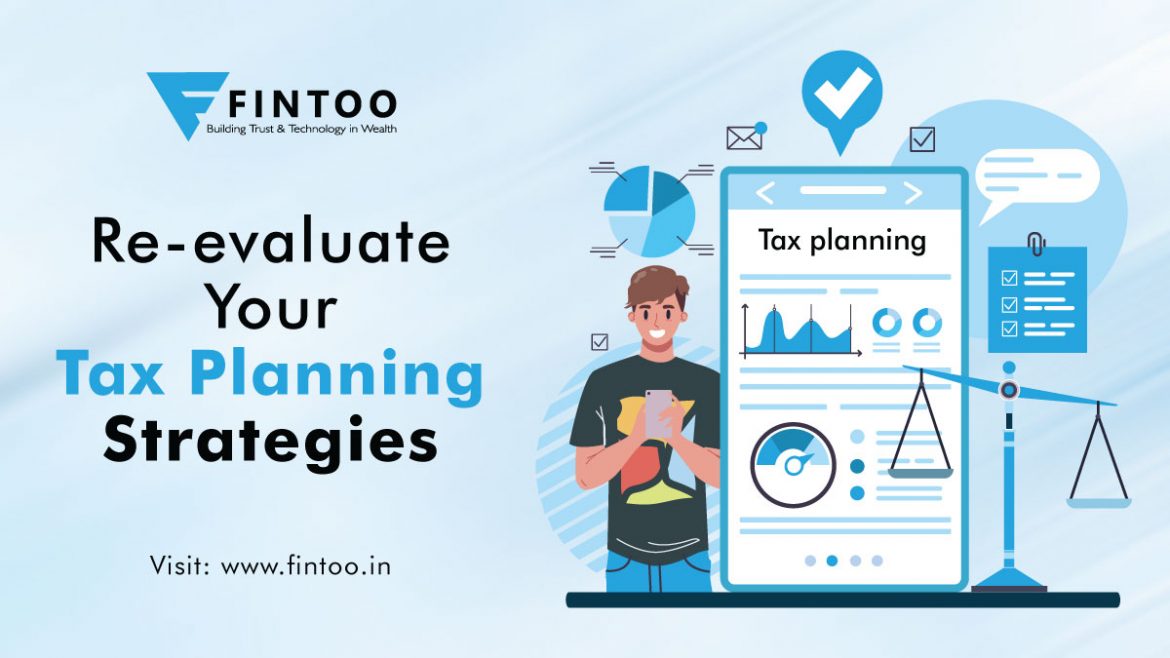

As a business owner, investor, or even a salaried employee your goal is growth, financial security, and independence. Planning a tax strategy isn’t your top priority throughout this journey. However, you must know that it is a key player in shaping your overall wealth.
Often people miss out on planning a tax strategy until the time of payment. It should be planned well in advance as it affects your current household expenditure and plans.
If you are paying a major chunk of your earned income as tax, then you probably need to reevaluate your strategy and plan well!
Here are some guidance tips that will help you to reevaluate and plan your tax!
1. Data And Facts
Collecting data on your total earnings, consumption, and investment is the first step of tax planning. You cannot draw a correct roadmap to your goal if you do not have the right information.
Along with your personal information, you also need to collect your spouse’s income and investment details. Now that you have successfully collated the information, read through all the tax-related rules and policies to get a better hang of how you want to design your policy.
2. Visualise Desired Results
Daydreams do turn true if planned well. In this step, you need to actually dream about the gap you want to fill. The gap between where you are and where you want to be. This goal-setting process will help you understand what tax deductions you need to apply for or what investments you want to make. You can even choose the type of tax planning you want to opt for.
For instance, do you want to opt for purposive i.e. tax planning with a specific aim, permissive analysis that adapts to national laws, or long-range planning which is for retirement?
3. Plan Minimal Tax Burden
Nobody wants to shell off their earnings on tax, so plan a strategy that offers minimal tax burden. Exploit the tax exemptions under 80C and 80D. Remember the more you save on your tax liabilities, the more you can invest in a profitable channel.
4. Clear The Air On Tax Deductions
Often people get confused between tax deductions and credits. This restricts them from optimizing them during the preparation of tax returns. Tax deductions are simple investments that you have incurred in your tax bill and can be deducted from your taxable income.
5. Evaluate Your Tax Avenues
Often people keep investing assuming that the more they invest the more rebate they get. However, that is not true, the upper limit to this rebate is 2-2.5 lakhs only. So, you need to carefully evaluate your tax avenues like public provident funds, tax-saving mutual funds, NPS, insurance, and FDs. Carefully bifurcate the earnings amongst these to understand the most profitable one.
Also Read: Tax Planning And The Different Tax Saving Tools.
Tax planning is like being financially independent. So, you need to make sure that you start the planning at the start of the year to do it right. This will help you avoid any last-minute hassle resulting in a tax burden.
In addition to this, you must always opt for long-term investment as it is very much encouraged by the government. You must utilise every opportunity that helps you grow better and cut down on your tax burden.
A financial planning platform where you can plan all your goals, cash flows, expenses management, etc., which provides you advisory on the go. Unbiased and with uttermost data security, create your Financial Planning at Rs99/-
Disclaimer: The views shared in blogs are based on personal opinions and do not endorse the company’s views. Investment is a subject matter of solicitation and one should consult a Financial Adviser before making any investment using the app. Making an investment using the app is the sole decision of the investor and the company or any of its communication cannot be held responsible for it.
